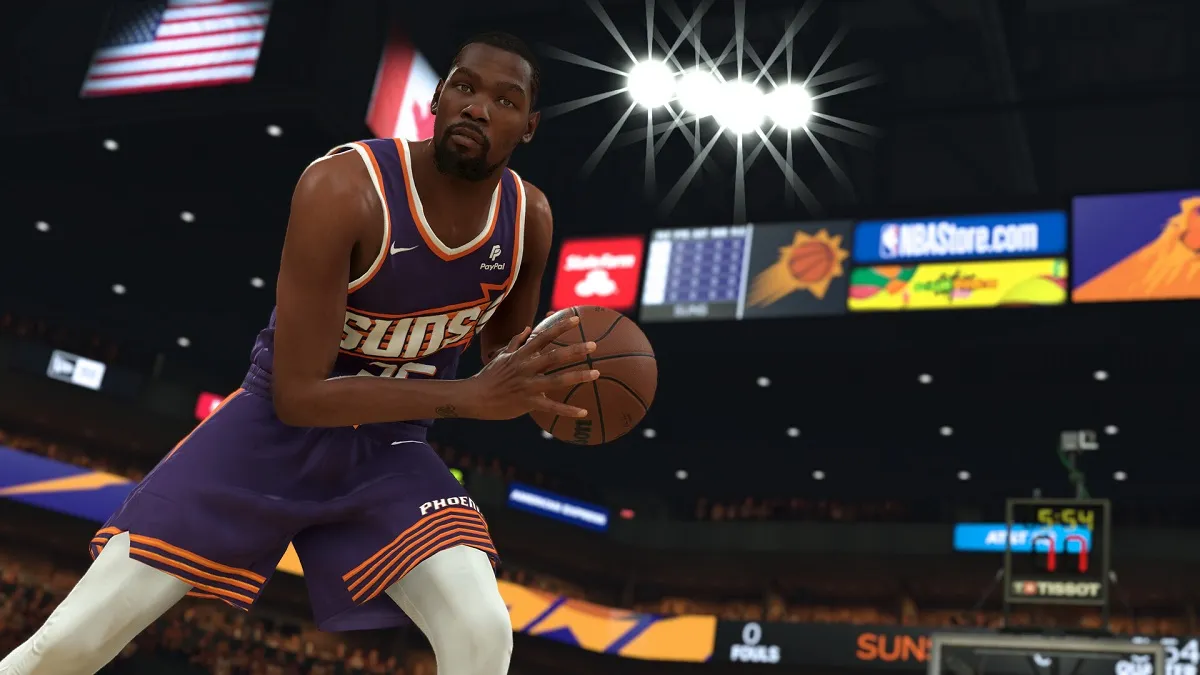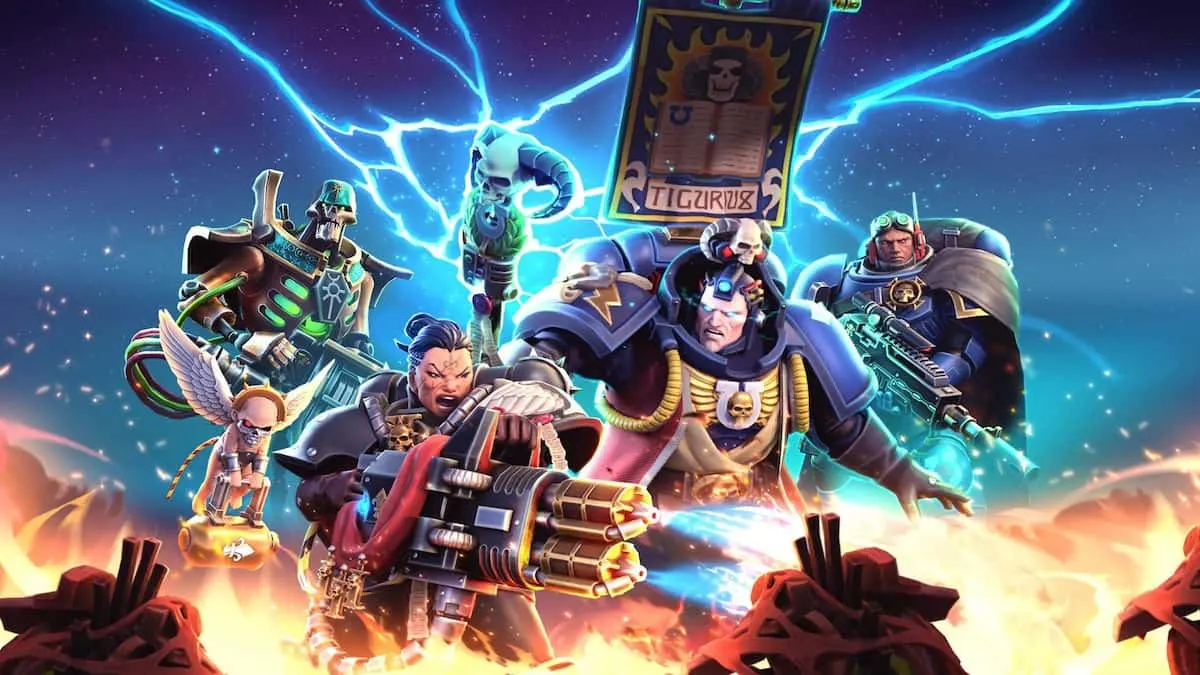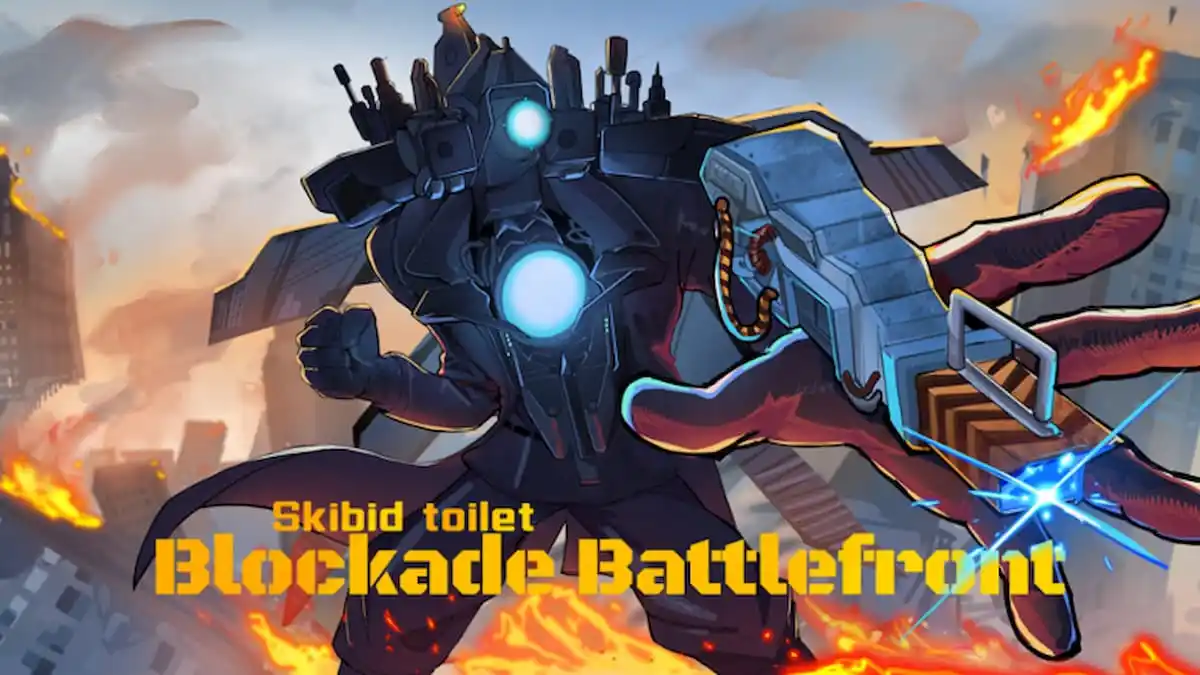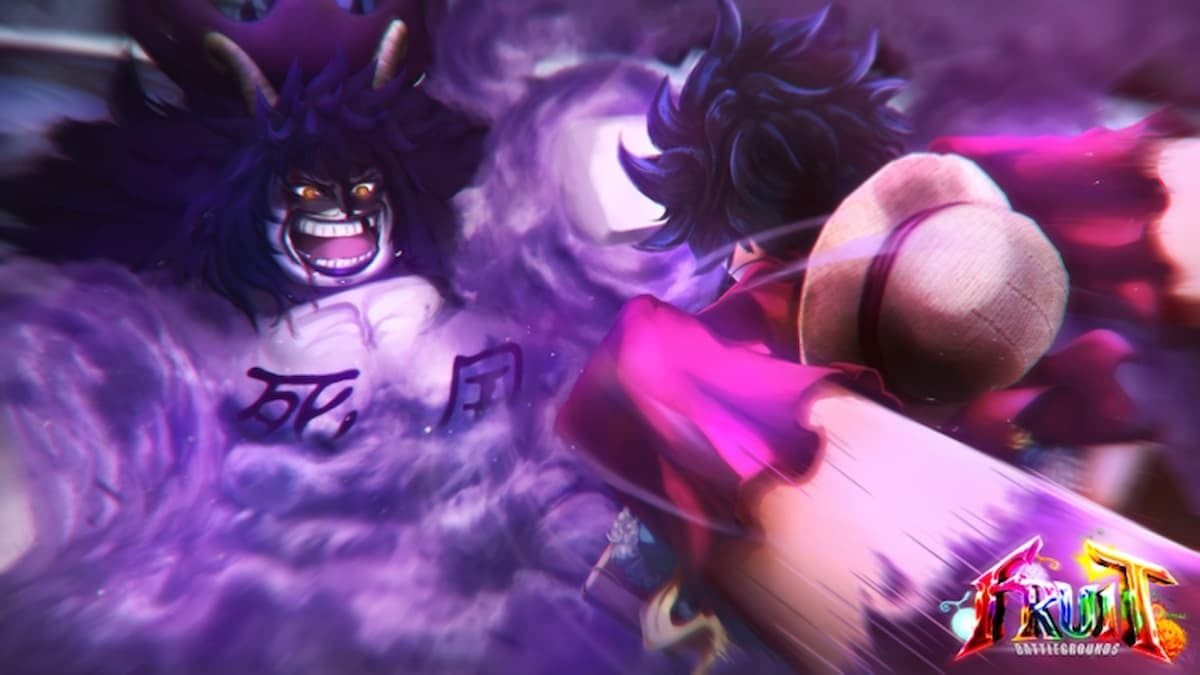As CEO and Founder of New Breed Games, Ryan McClellan is currently focusing on ways that bring new grads and current dev students in to the gaming industry. Through giving lectures at universities, publishing a few books and being featured in Disfunkshion Magazine, Ryan hopes to close the gap between new grads and their dream jobs. He even has a section of his website dedicated to helping students and young devs create powerful resumes, LinkedIn profiles and more.
When did you first know that you wanted to pursue a career in games?
“Believe it or not, I have wanted to develop video games since I was around six years old. I remember watching my cousin play an old-school R.T.S. on his Nintendo console and on the drive back from his house I sat in the car explaining to my mom how I would have made that game better!
I was always a hardcore gamer, and though I have eased up a bit on how often I play video games, I’ve always been the kind to “research” rather than “play”. By that I mean: when I play a video game I like to consider it as homework. The career fell into my lap but I’ve pretty much always desired a career in multimedia production and video games were just one of many choices.”
Describe your journey into game development—was your pathway into the industry similar to that other developers? If not, how?
“Similar? By all means: no…unless similar is defined as: “sudden and abrupt”. It’s the same with every industry I’ve ever been in: Film, Music…I just “fell into it”. I have always been strong at networking; it is my primary life function: the ability to find people and to make it so they can find me. That’s part of what my entire point is throughout my lectures around schools: networking is a key element.
I met an individual who I cannot name but he was a Producer for EA and Activision, and one of the original modelers on the original “Warcraft” series. He taught me the basics of how to develop a game, though unfortunately he was stuck in the 1990’s so when the game was done we had to start over. Basically though, my journey began when I was a kid and it took fruition in 2010.”
A lot of people get into video game development and learn everything about how to design a game but no one seems to have the other end of the spectrum, which is business.
Were there any college courses, internships, or other opportunities that you feel gave you a leg up?
“So far I’ve only spoken at one school: Digital Media Arts College (www.DMAC.edu). I have my lecture up on YouTube but the quality is awful, however feel free to have people visit www.facebook.com/nbreedgames as it is posted there. I was also a sponsoring Developer for a school in France. They produced a wonderful game called “Horse Madness” and my primary purpose was making sure they stayed on task. They are all completing their internships now.
I wish to continue with my educational teachings and plan to do so through our side organization: Media Developer’s Association, which will be online by the time this is published (www.MDevA.com) and hopefully I will be able to give further input to schools, providing internships for their students under New Breed Games, and so on so forth!”
What do you know now, having worked in the industry, that you want aspiring developers and designers to know?
“It’s not as hard as it looks. You just have to work hard in college the same way you did in high school: you had to do extracurricular activities to impress your college of choice: you joined clubs, played tennis…because in the end a 4.0 GPA and a degree isn’t going to get you far in the industry. It is a start, and a necessity, to have the education and the degree, but you need to work hard at it and start developing a resume and a portfolio.
I urge all who are in school for video game development or any multimedia development to get on Linkedin.com, sign up, and begin networking to other studios – local or not – and get on board. If you’re studying 3D Modeling, apply for free as a modeler, or if you are gung-ho about it like I was, form a mini-team of programmers, modelers, animators, and the like, and start developing games now, rather than waiting to graduate only to find out you “didn’t play enough tennis”!”
What is a typical day like for you, especially working remotely?
“As always, nothing wakes me up quite like Folgers in my cup. After that, I usually jump online and check emails from team members, then I decide what that day represents to me. Like most people, I fluctuate as far as mood on a daily basis. Some days I can actually just relax and monitor my AOL account, as that’s where ninety percent of my work is done. Other days I’ll feel a bit more creative and will go ahead and work on content for one of our projects…
It’s a mixed bag. It seems like it’s a great time working from home and I can’t say it’s bad in any way (my bed is literally two feet behind me, as I write this…temptation is a dangerous mistress) but it can get tedious and boring. As a Producer and Lead Designer, my work is more writing (whether emails or design documents, or interviews!) than anything else. Hence, I can’t wait to start school in January. Ironically they are online courses, but I get a free laptop…”
What do you enjoy most about your work? What do you enjoy the least?
“There’s nothing quite like describing something to someone, and then a week later they show you what you described as a 3D model or in an animation. To see my main character (of whom we took months designing before we got him “right”) programmed and moving around on-screen, slashing his sword around and shooting balls of fire out of his hands, is the reason I am in this business. I love creating; it’s always been the one thing I’m good at.
What I enjoy the least is the isolation that comes with remote work. If I was able to set up in an office somewhere and be there rather than at home working (I’d still be working but I’d be somewhere else) I’d probably get a lot more done. That’s a lesson in disguise: working from home can seem like a great thing but research shows more work is done at the water cooler than on the computer, i.e. people in office situations working together are proven to work with more dynamism.”
If you could have changed one thing about your career path so far, what would it be?
“I would have asked for more money! Seriously though, I don’t think there’s much I would have changed. I probably would say my main regret is having waited this long to go to school. I’m twenty-four and just got my G.E.D. Imagine what I’d be able to accomplish from a business standpoint if I had had the education when I was eighteen. I would have had so much less trouble raising funds for us. Currently we’re still in that process, and the point is: we would have been funded by now if I had listened to my parents and gotten an education earlier. Better late than never though!”
What are you most excited about in the game industry today?
“I am looking forward to the new consoles releasing this holiday season. Basically it will revolutionize – or destroy – the industry as we know it. I am hoping they can drop the prices a bit so people can enjoy them non-exclusive to how much money you have, but other than that, the industry is in a constant state of “up”: it hemorrhages profit, and knowing your way around the gaming industry – especially now – is where you should be. It’s at its peak.”
What most concerns you about games or the game industry?
“I was watching a video regarding this. Apparently in the early 1980’s when games first began their official circulation as household devices, the industry was dropping in value because of games that (to summarize) had no meaning or purpose. They had a game about “E.T.”, and I bet nobody knew that, but it was the game where people finally said: “This is ridiculous, I’m done with video games – why pay $30 for a game when it is just going to disappoint?”
Then they fast-forwarded to today’s industry and the theories of the past are creeping up on us. The industry has no fail-safe; it may seem stable and at its peak right now but it is as fragile and porcelain as it ever was. Just like any industry, when the corporate parties get the primary slots on store shelves and independent games (where the real developers are) suffer to make a profit because the market is reaching a saturation point, it concerns me a lot.”
What skills do you believe are absolutely essential in succeeding in this field?
“You would think honing a skill like modeling or programming would be what is essential but I disagree. I feel the three main drives behind the industry are: the ability to network, confidence so that your networking can convince others to believe your project is different than the rest, and above all else: originality. A lot of people get into video game development and learn everything about how to design a game but no one seems to have the other end of the spectrum, which is business.
If you are in any industry, from film to music to video games to garbage pick-up, you need to know that if you aren’t networking and constantly evolving with the industry, its notes, its chapters…then you aren’t giving yourself the full experience. If you can assertively say that you understand the industry and what needs to be created or developed, you will succeed based on that knowledge.”









Published: Oct 3, 2013 01:56 pm